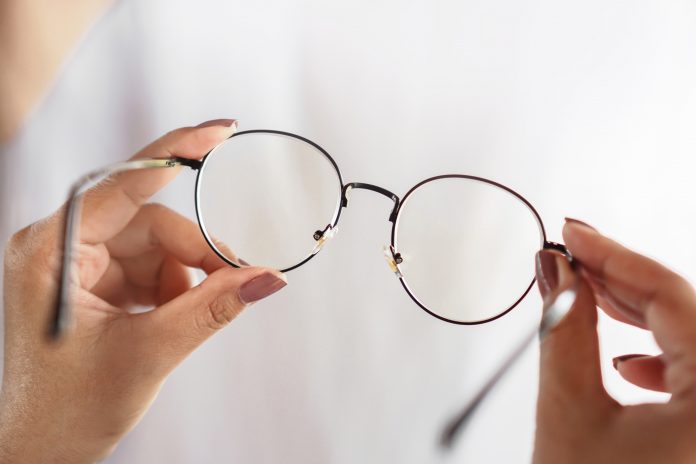Max Halford FBDO CL, Clinical Lead from the Association of British Dispensing Opticians, charts the importance of delivering the highest standards of practice and care when it comes to our eyes
Nearly 30 years ago, I started working in a medical eye clinic as a trainee dispensing optician and at the time it was not unusual to receive telephone calls from patients about their recent eye test appointments.
The patients, who recently saw one of the ophthalmologists who worked in the centre, would be telephoning to enquire about the outcome of their appointments. Questions such as, “Was everything ok?”, “Why do I need referring?” and “Have there been any changes in my xxxx?” (insert whatever condition the patient was perturbed about) were commonplace. I and my colleagues were always more than happy to find the patient records, decipher the handwriting, reassure the patients that all was well and give them an update on the findings from their recent appointment.
At the time, as a trainee optician, I just presumed that the sheer complexity of the clinical side of the optometric world meant that patients couldn’t really be trusted with this information and it almost felt like I was sharing a secret with the patient by revealing details of their recent appointment.
Skip forward 30 years and looking back it does seem extraordinarily bizarre that no patients ever complained, nor did any of us question, why couldn’t those patients be fully informed of the appointment outcome at the time and, therefore, contribute to the decisions around their eye health?
We now, unthinkingly, work in practice on the basis that good communication between patients and the clinician is the foundation for effective care and, therefore, the building of patient/practitioner trust. This is how we are trained and more importantly, this is the expectation that patients should have in any dealing with dispensing opticians or our optometry colleagues. Likewise, we would expect the same level of communication and openness in all other clinical colleagues involved in the care of our patients, be it their GPs or colleagues within secondary care who we may refer patients to.
Delivering the highest standards of practice & care
This seismic change to how patients can participate in their own health is now encompassed within our guidance from the General Optical Council (GOC)- our regulatory body. “Listen to patients and respect their views” is a given for every clinical professional and we must also “give patients information in a way they can understand and make them aware of the options available”- this ensures they are “fully involved in the decisions about their care”.
Over the years, I have come to realise that the best relationships between patients and dispensing opticians, or indeed any clinician are ones that are built on mutual trust and partnership. Clinicians now routinely allow for time at the end of a consultation, to sum up and feedback their findings, discuss them with the patient and issue written advice and guidance wherever possible. Nowadays, I find myself increasingly in the clinic sharing website addresses and links to information that I have personally researched and think would be of benefit to my patients.
This is, of course, the other role/responsibility of the clinician: keeping themselves informed and educated so they can do the same thing for the patients. All dispensing opticians undertake mandatory continuing professional development throughout the year with strict guidance on the subject matter and level of study set by the GOC. Many dispensing opticians vastly exceed the set target as we can access huge amounts of online learning and lectures from our professional organisation, the Association of British Dispensing Opticians (ABDO). This knowledge is of benefit to both us and our patients. By maintaining and expanding our knowledge, our patients can feel confident that we can deliver the highest standards of practice and care.
Sharing knowledge
Sharing our knowledge, be it the latest clinical research or the findings from our consultation with the patient, allows the patient to take an active part in their healthcare. They can then make the most appropriate decisions with, hopefully, our clinical support. We are now in a very different place to my first days in practice where the patient often didn’t know the decision had been made, let alone why.
If you ask a dispensing optician what is the most fulfilling part of their role, they will inevitably say it is communication with the patient. Technology has bought many amazingly positive changes during my career as a dispensing optician, but technology alone only benefits the practitioner. The improvements in communication are the factor that is making the most difference to patients today.











